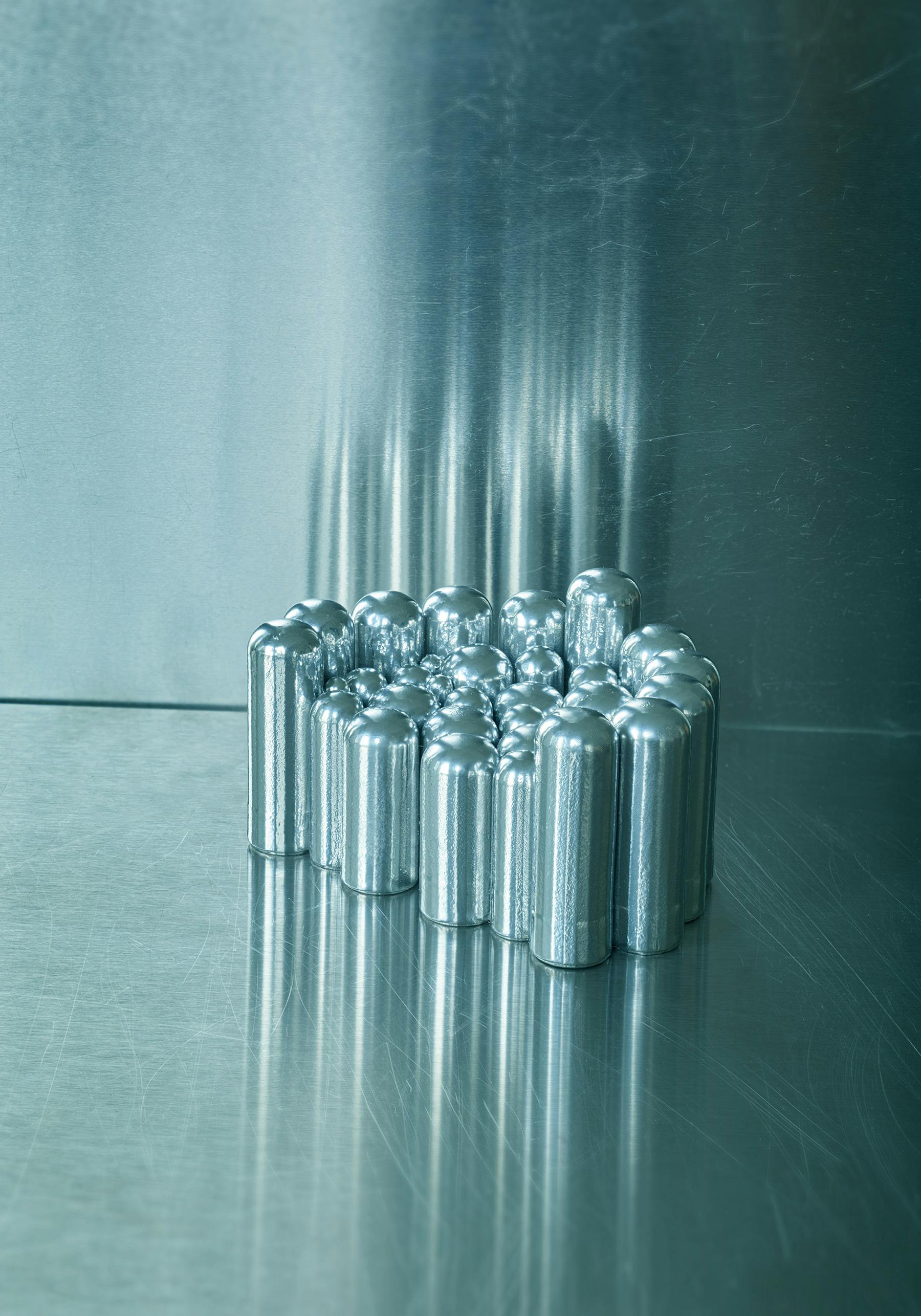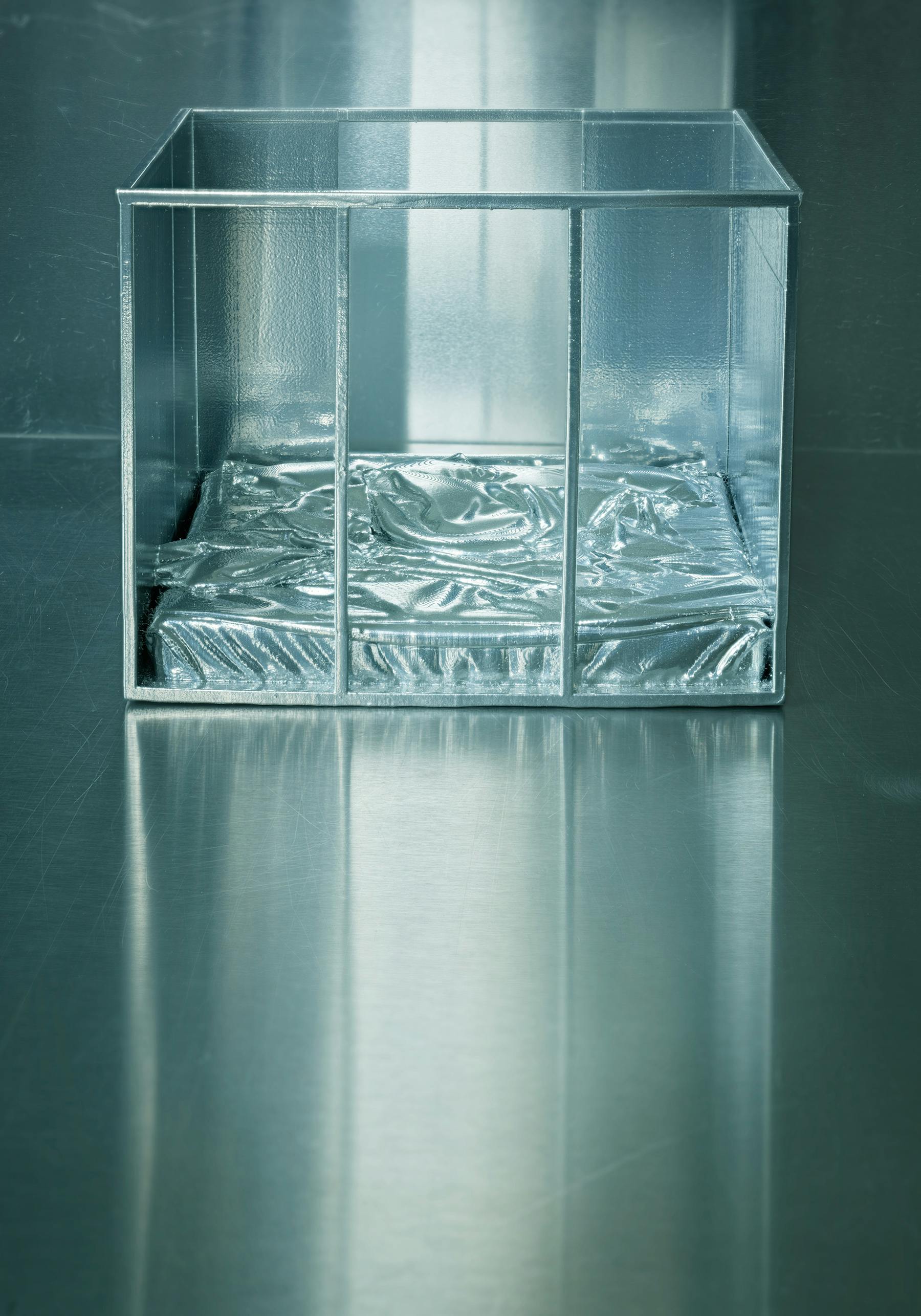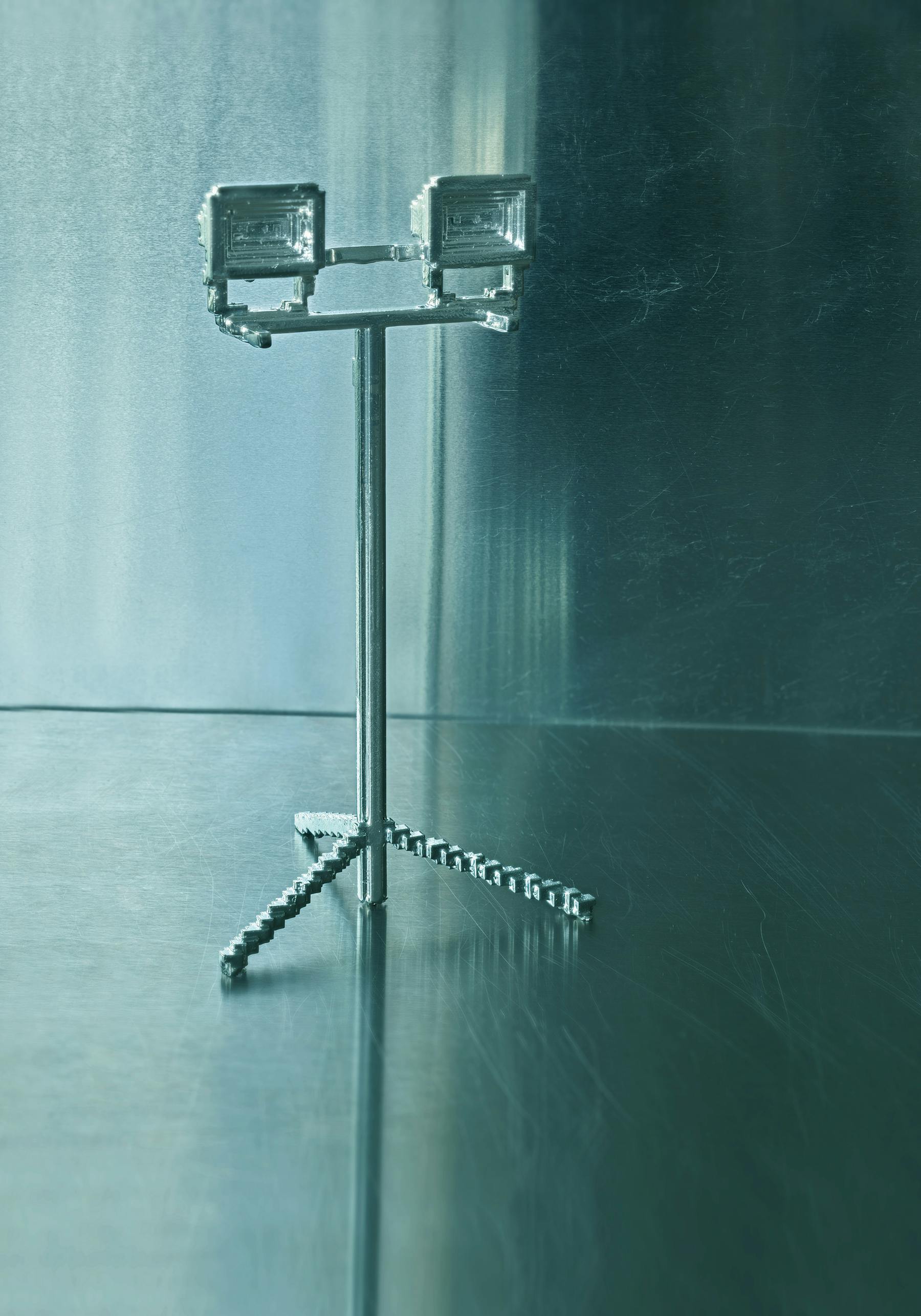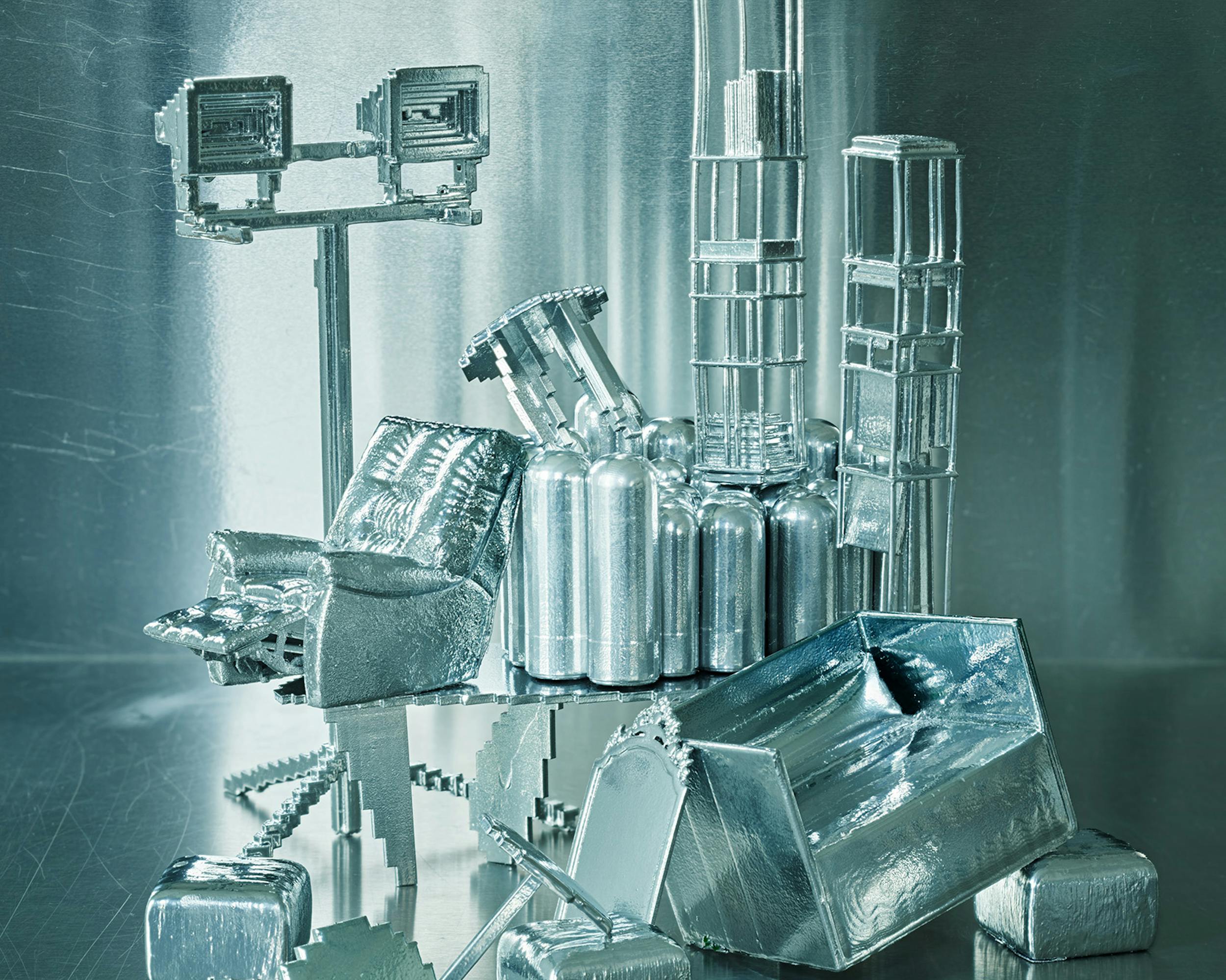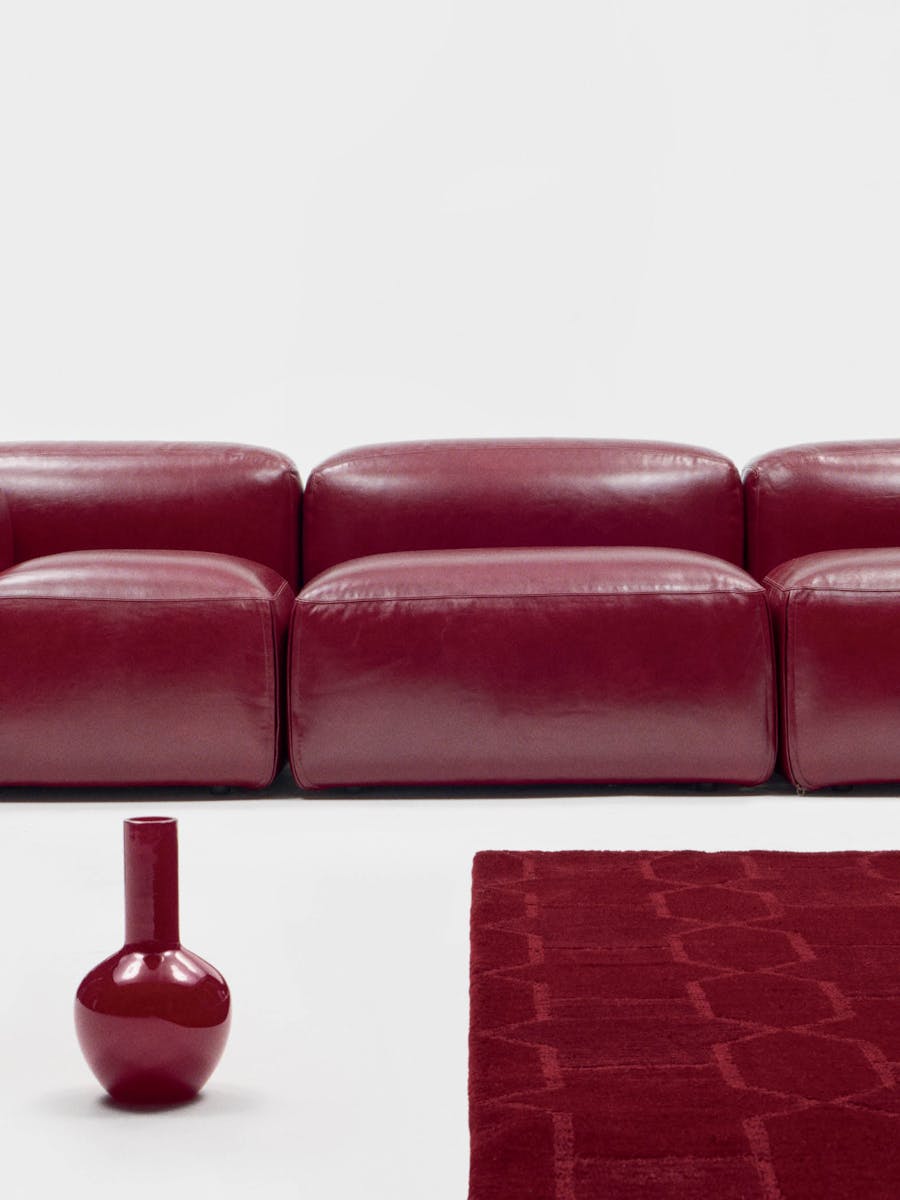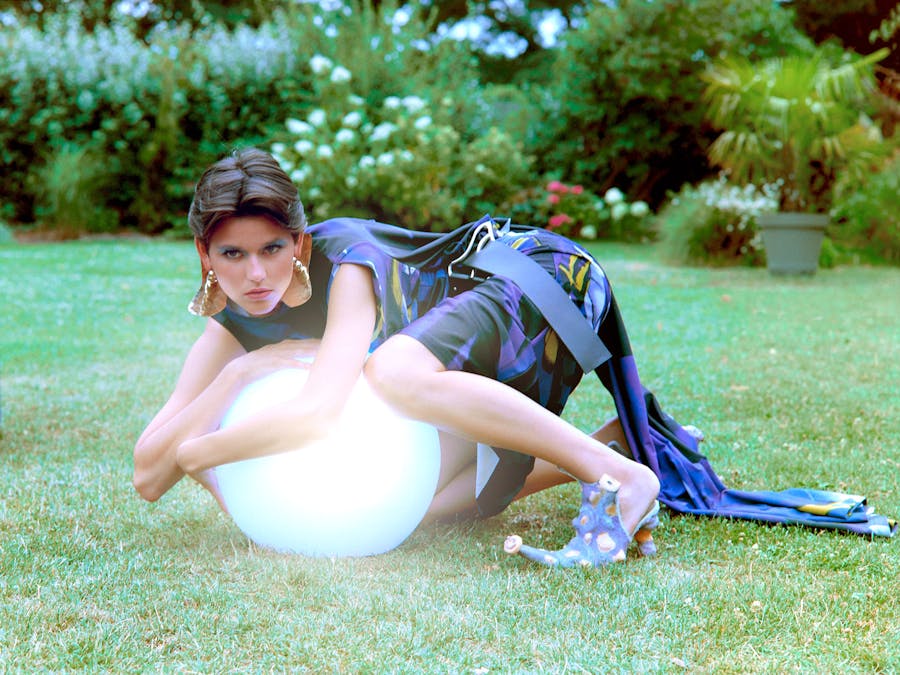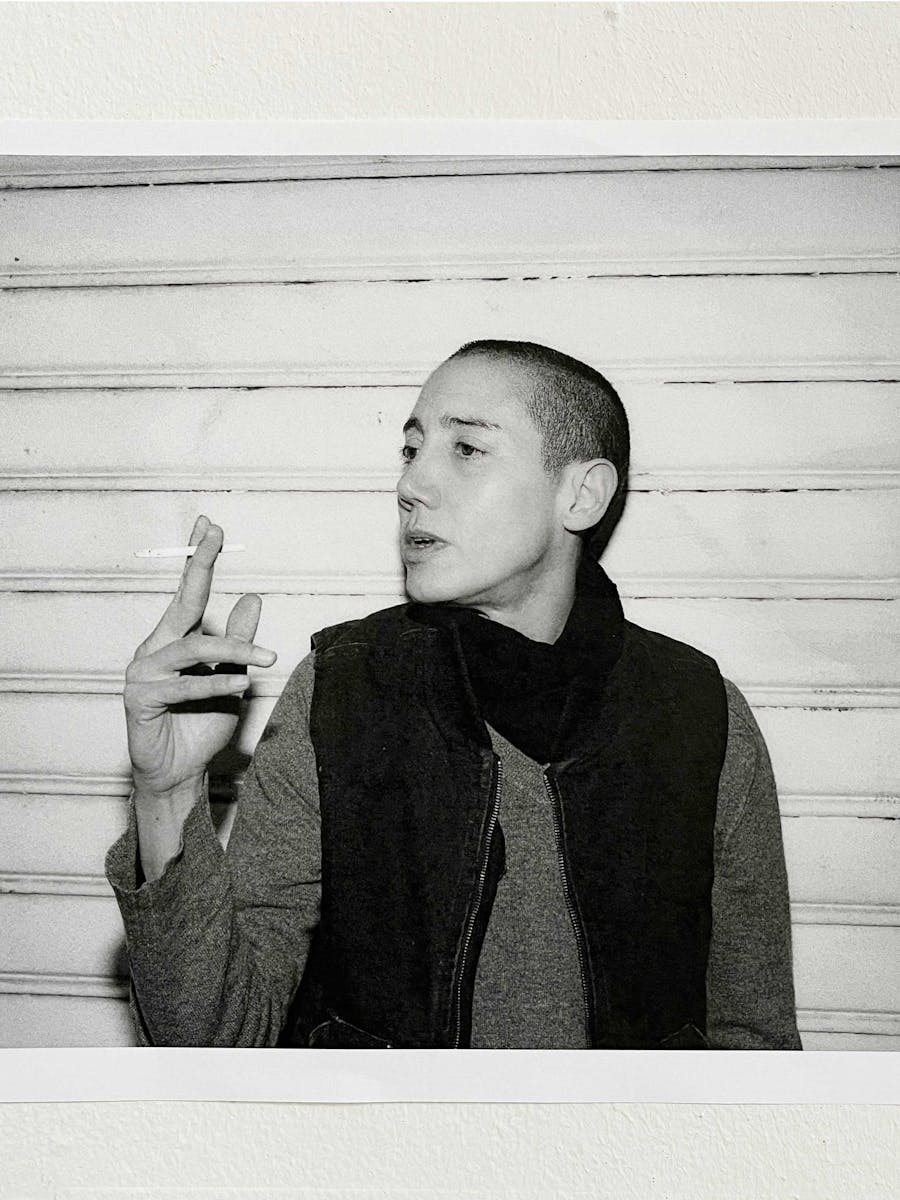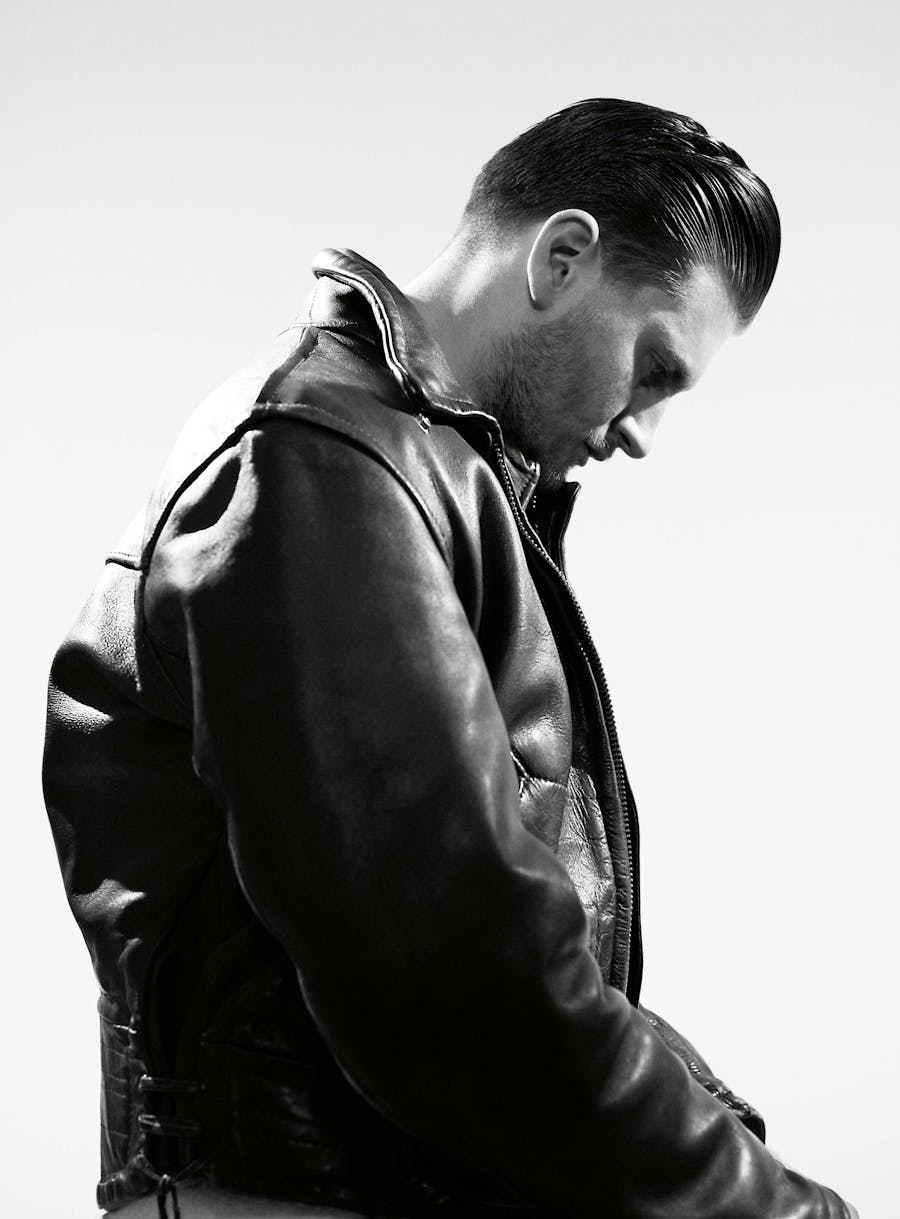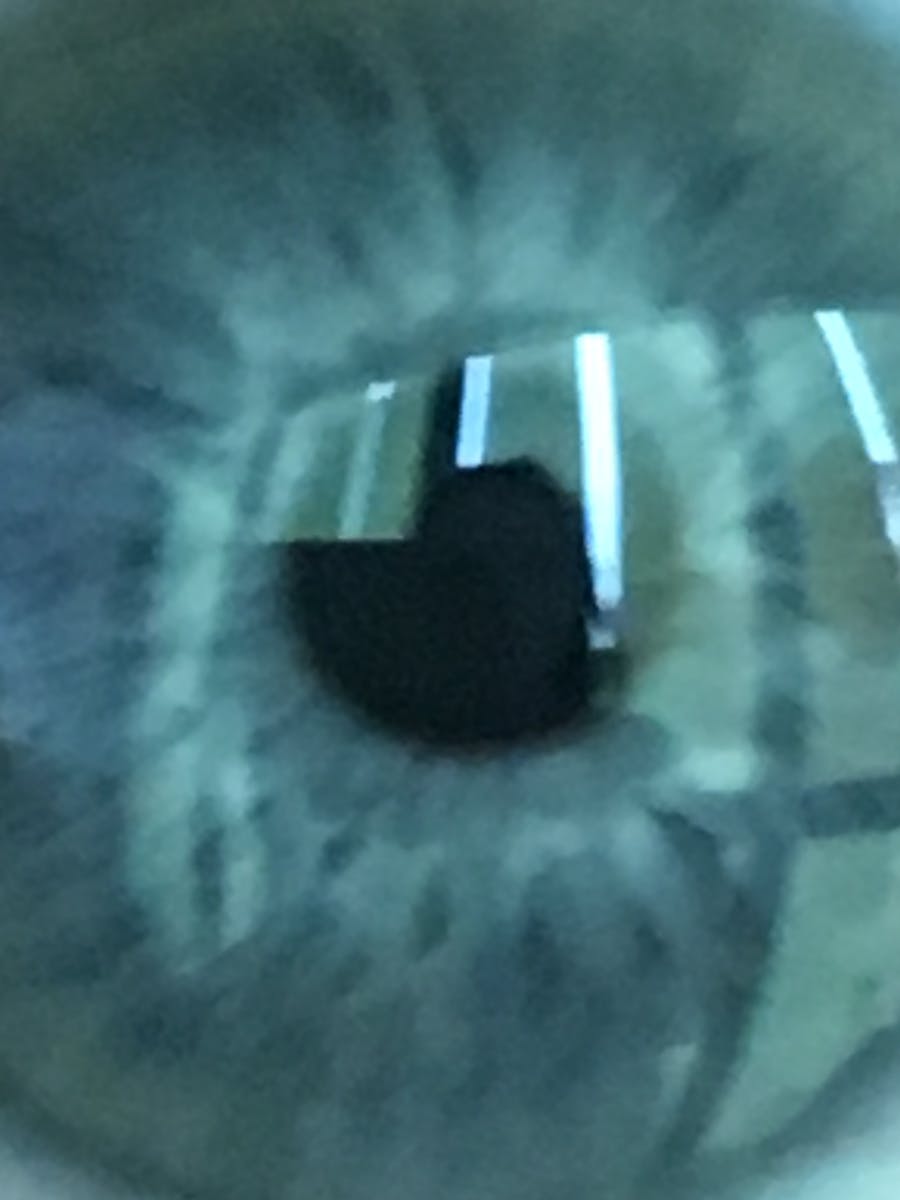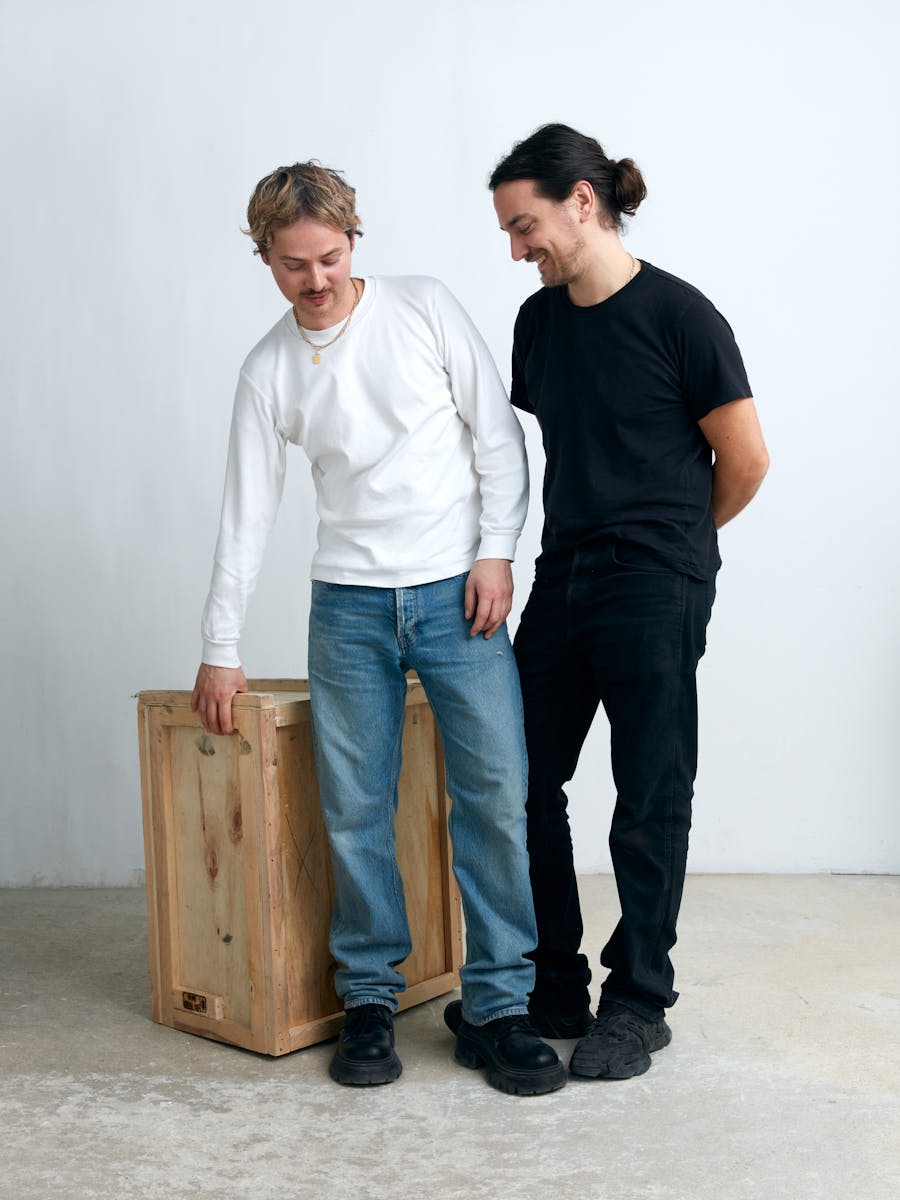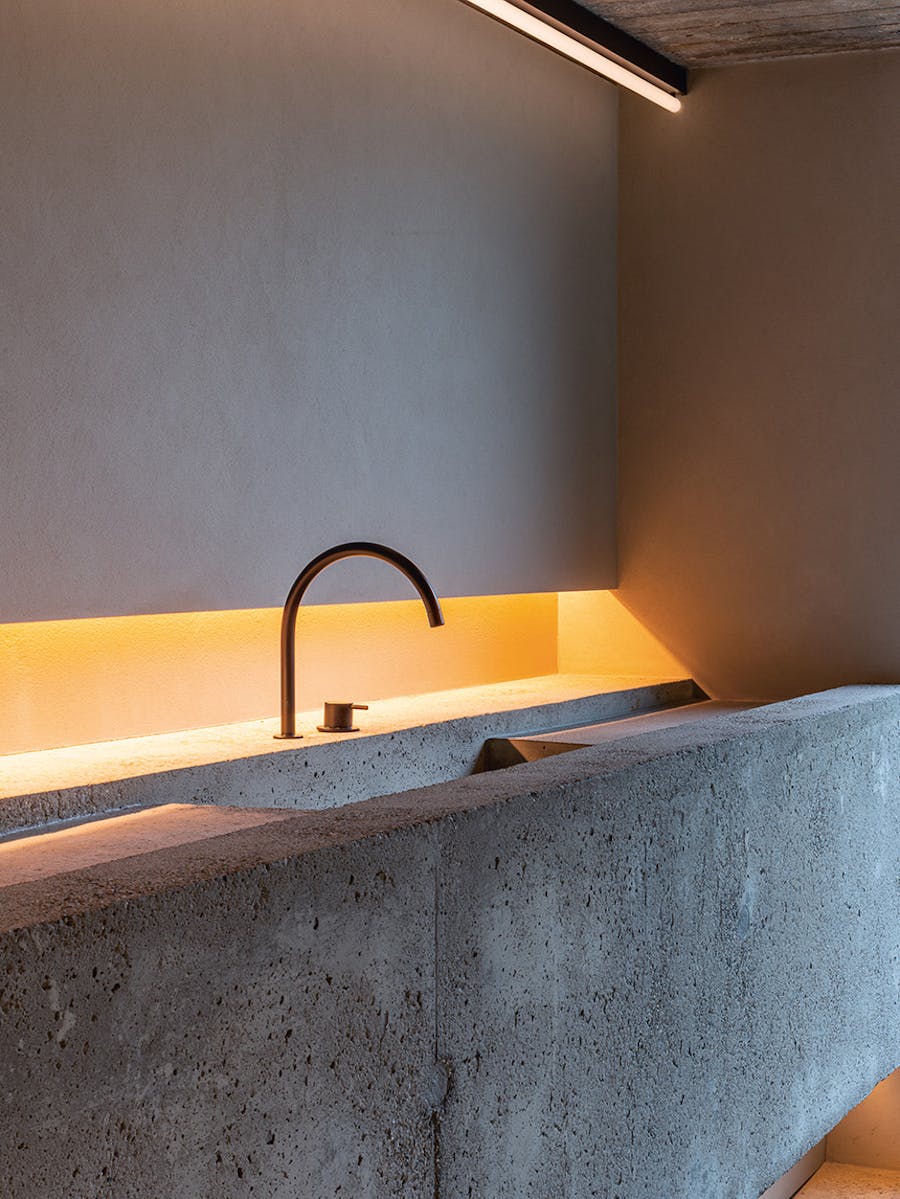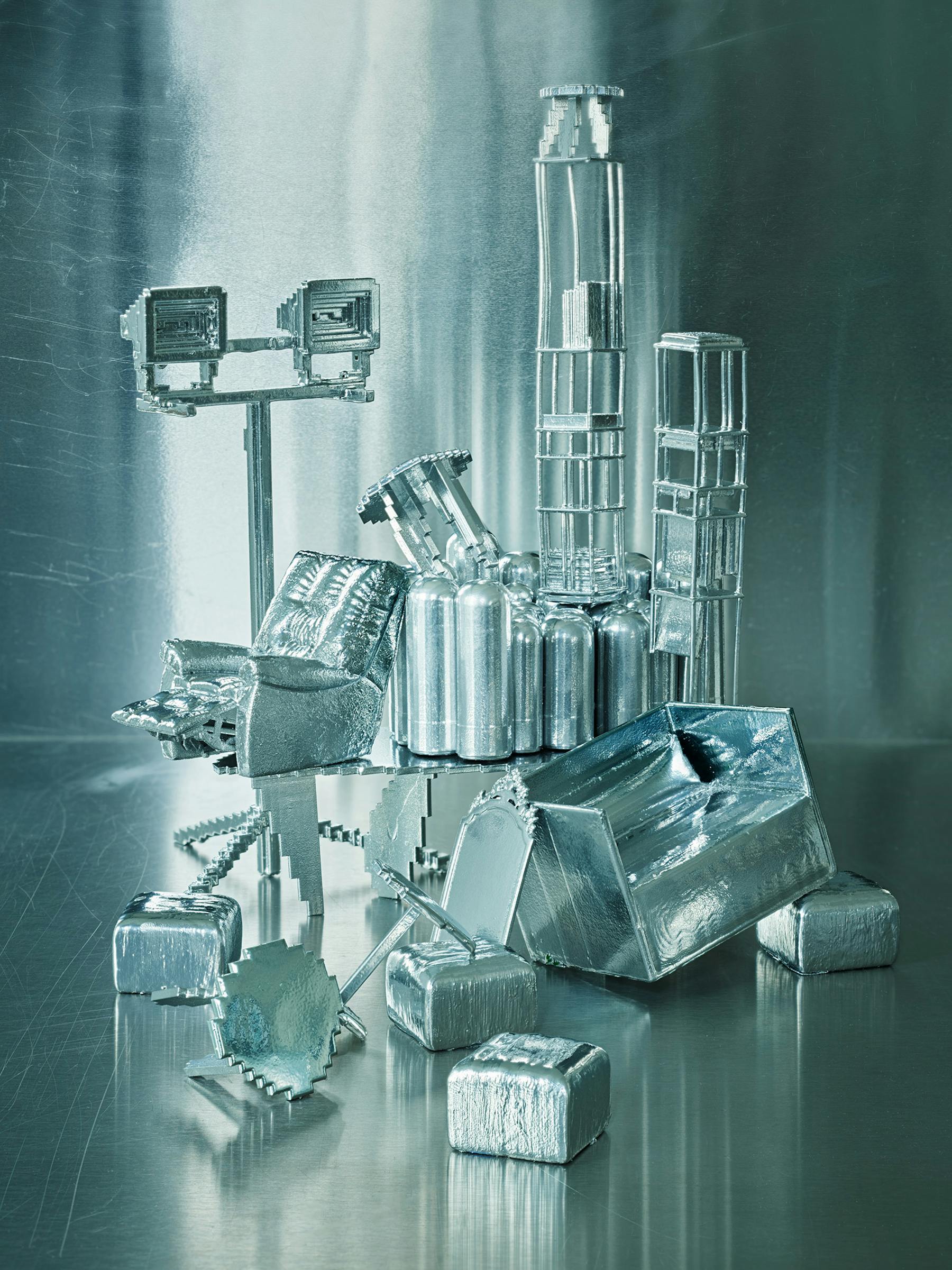
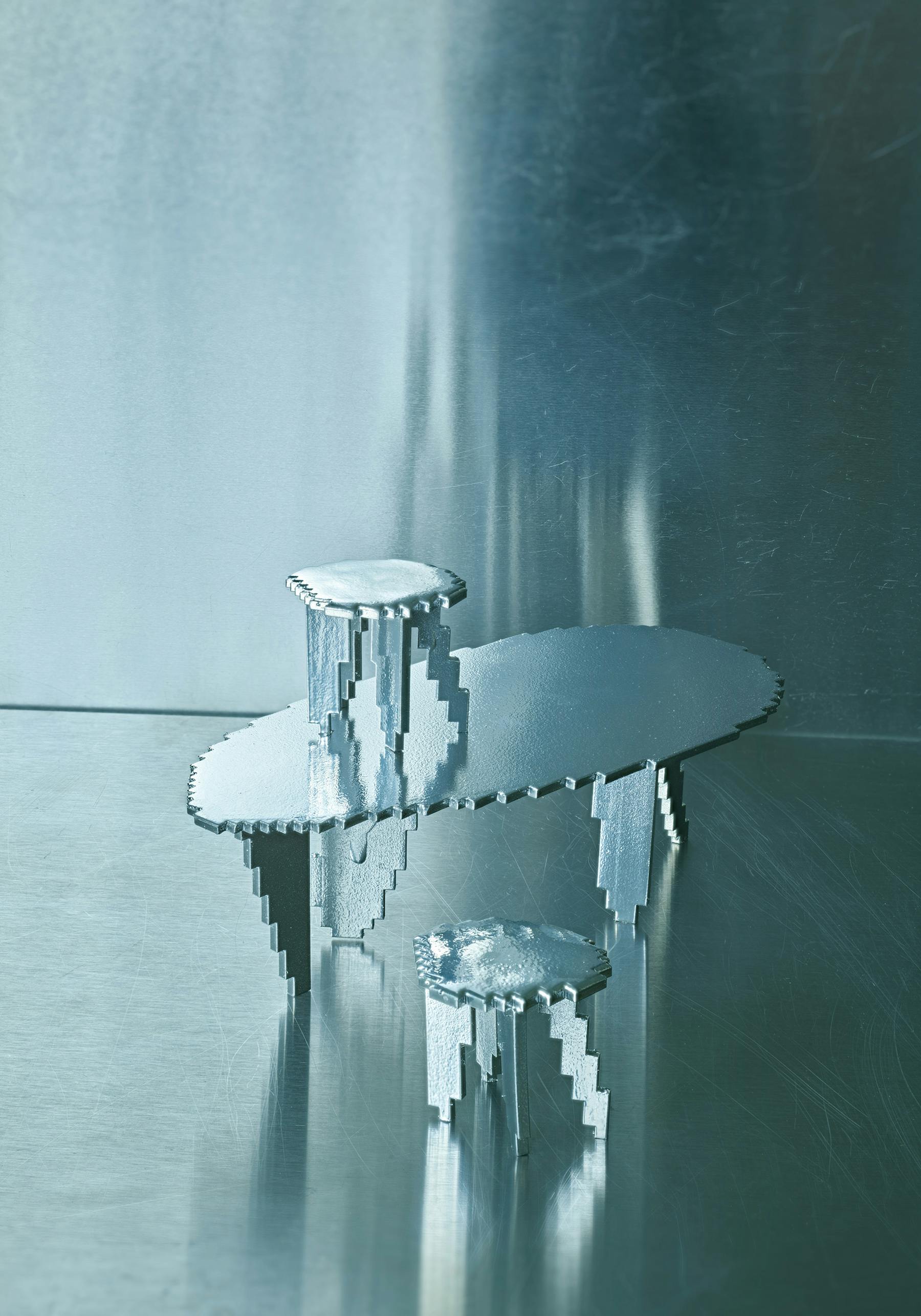
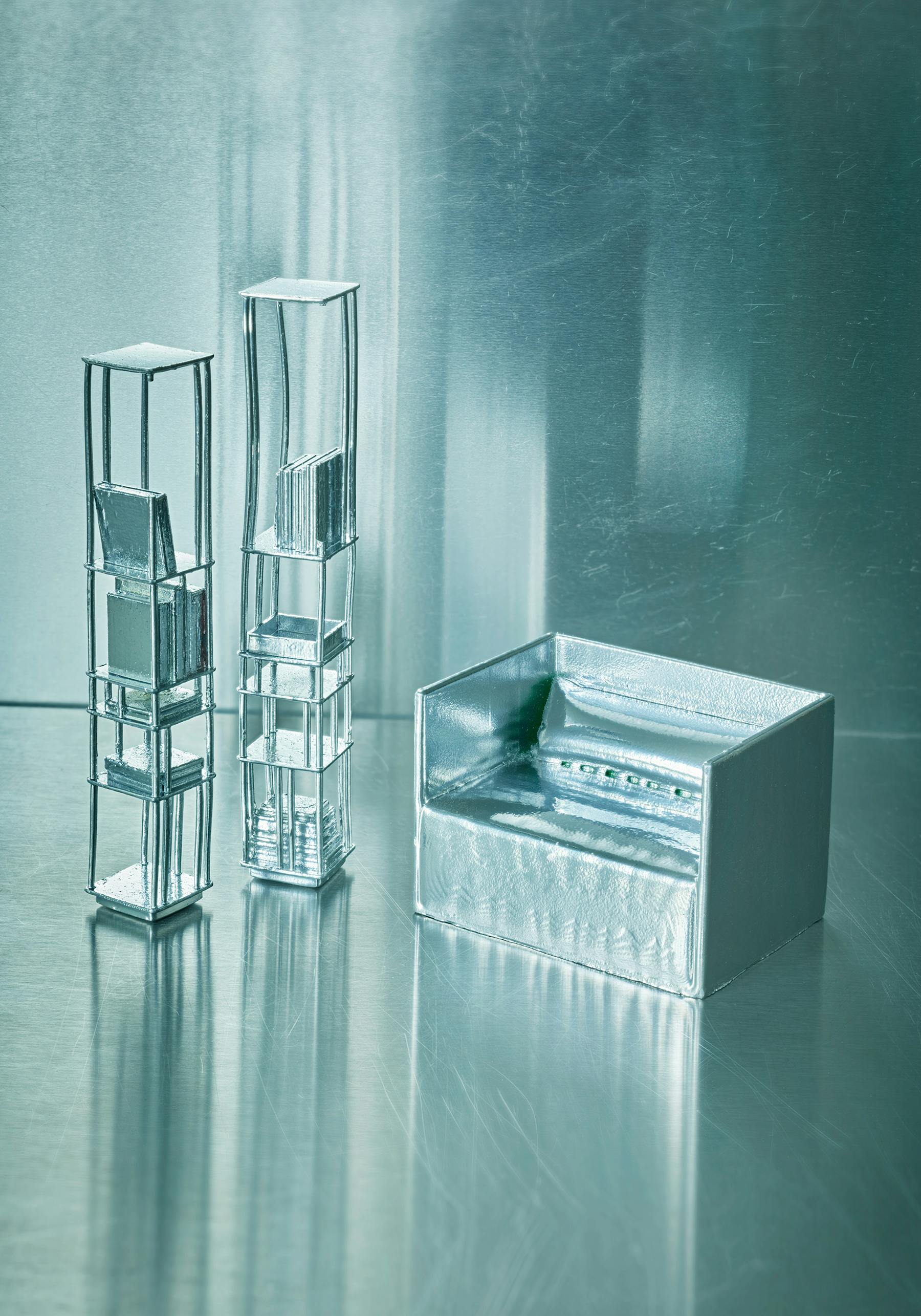
From The Excess Issue
The founder of Crosby Studios delves into his evolution as a designer, his approach to collecting, and his innovative concept of Transformism. He also discusses the importance of slowing down and its impact on his work and personal life.
You started Crosby Studios a decade ago. How has this journey shaped you?
H.N. My life transformed completely. Every day, I challenge myself, the gallery, clients and collectors. It’s intense but rewarding—I can’t imagine doing anything else.
If you could go back in time, would you do anything differently?
H.N. I wouldn’t change much. The journey wasn’t always smooth, but it laid the foundation for what I do today. If I could change one thing, I’d start ten years earlier, although traveling for inspiration was crucial.
Your Instagram bio says you’re a Transformist. What does it mean?
H.N. In our industry, people often ask about style, which used to confuse me. I learned from different masters but never aligned with a specific movement. Eventually, I created my own—Transformism, redefining what’s already here rather than adding something new.
Do you regularly push the limits of your comfort zone?
H.N. Absolutely. It’s survival. Comfort is a fiction, a product of the corporate world.
I challenge this fiction, proving there are no real standards for comfort.
Scrolling through your social media, you look great in those Balenciaga structured jackets. What’s your relationship with fashion like?
H.N. Those are my red carpet looks; day-to-day, I’m far from that. I once dreamed of becoming a fashion designer, but chose to work alongside fashion, rather than within it. Fashion is fast-paced; art is more introspective. I’ve always been fascinated by how these two worlds can intertwine.
What makes Demna’s designs stand out?
H.N. Balenciaga resonates with Transformism, even if they don’t call it that. They repurpose what’s been domesticated or forgotten, which aligns with my approach. We should work with archives and existing materials, digest them, and continue life with what’s already around.
Do you have any go-to pieces in your wardrobe?
H.N. I rotate a few key pieces and cleanse my wardrobe regularly. Ideally, I’d have just one type of item replicated—like ten identical T-shirts. I’m very modest.
Do you consider yourself a collector?
H.N. Not at all. I try to keep only the essentials. I’m more of an ascetic.
I thought you were obsessed with objects.
H.N. I’m interested in miniatures and playing with scale—going from normal size to super size or downsizing. These objects remind me of childhood, when we played with smaller versions of real life.
If you could own any artwork in the world…
H.N. I’d choose something classic, like a Picasso or Warhol. I enjoy contemporary works with lasting value.
How would you describe your everyday life—organized or chaotic?
H.N. We have two studios and are opening another in Korea next year. With so many projects, life forces you to be organized, even if it’s not your nature. I love chaos,
and when I have free time, I prefer doing nothing.
You’re known for your minimalist aesthetic. What do you think of excess?
H.N. Post-pandemic, everything feels saturated. Philosophers and scientists are trying
to understand this overdose. That’s why I’m slowing things down, we don’t need
more acceleration.
What projects are you currently working on?
H.N. Two solo exhibitions—one in Berlin during Art Week and another in Paris next year. I’m also preparing an installation for Paris+, celebrating the anniversary of my practice.
You’ve also ventured into designing digital spaces.
H.N. That was an exciting chapter—exploring virtual reality. It became part of my monograph, How to Land in the Metaverse: From Interior Design to the Future of Design.
Are you the type who enjoys a good party?
H.N. I used to, in my twenties. Now, not so much. But I enjoy designing parties and clubs.
And traveling—any destinations you keep going back to?
H.N. My life is between the US, Europe and Asia. I hope to visit Greece soon; friends keep sending me postcards from the islands. I’m eager to experience the traditional architecture.
